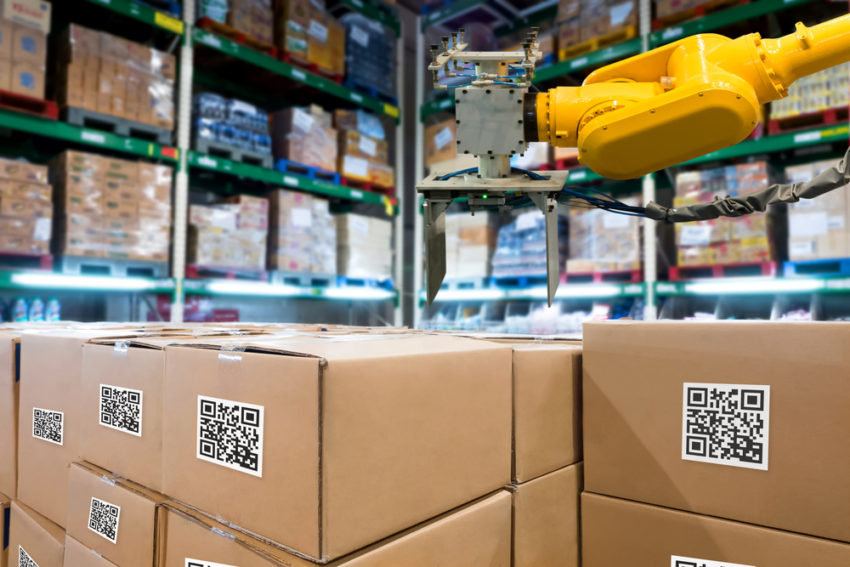Smart technology and the Internet of Things is having a profound effect on our day to day life.
From Google Home and Amazon Alexa to the smart tech that allows us to control the heating or answer the front door bell from our smartphones, our domestic lives are becoming increasingly automated. However, while the focus might be on how these connected devices affect our home lives, the impact on industry is set to be even more dramatic.
In a highly competitive global marketplace, businesses across all sectors are searching for innovative technology that can cut costs, increase efficiency and provide that all-important competitive edge. The role that IoT can play here cannot be overstated. Let’s take a look at the applications of smart technology and the industries that will see the greatest effects.
About the IoT
Technological thought leaders Gartner define the Internet of Things as: “the network of physical objects that contain embedded technology to communicate and sense or interact with their internal states or the external environment.” In layman’s terms, this means devices and systems can be interconnected to capture data and to automate or remotely control processes.
Examples that we see around us include automated lighting, smart locks, heating systems and the like. However, it is easy to see how this can extend to automated valves, pumps and sensors in industrial settings, and a variety of other processes in sectors as diverse as manufacture, agriculture and supply chain management.
Manufacturing
The manufacturing sector has always been a trail blazer when it comes to tech, and factories producing everything from cars to chocolate bars are already highly automated. IoT tech can take this to the next level, gathering data to improve workflow. Devices can be programmed to work cooperatively, and smart technology can monitor systems and collect data to allow for proactive maintenance processes and to automate recovery following any failures.
Energy production
This is particularly pertinent in the energy sector, where there are systems operating in high pressure environments. Smart tech can be used to monitor and maintain systems, reducing the need for human maintenance teams. The applications also extend all the way to the end user, where smart meters provide constant information to both users and suppliers.
Agriculture
The agriculture sector might seem to be a traditional and non-technical industry. However, farmers have the opportunity to reap significant rewards from the IoT. Industry magazine Business Insider took a close look at what it calls precision farming, in which smart technology is used to track livestock and crops, monitor resources and even carry out drone surveys on the land.
Supply Chain Management
Perhaps the biggest change will be seen in the logistics and supply chain sector. Radio frequency identification (RFID) is a smart technology that works on the same basis as a bar code, but provides far more detailed information, allowing individual items to be tracked. This provides a wealth of opportunity, allowing buyers and sellers to monitor where an item is on every stage of its journey, providing information on temperature and humidity, and making it easier to enforce expiry dates on perishable goods.


